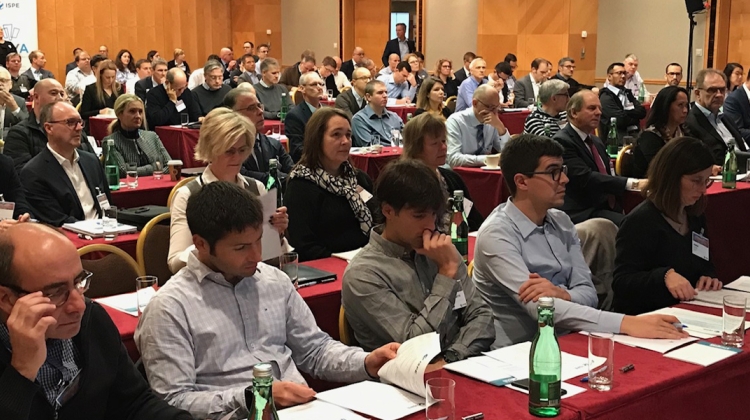
In the last week of November, the inaugural ISPE Europe Aseptic Conference took place in Vienna, Austria. With its emphasis on innovation in aseptic processing with focus on new regulation and pharma 4.0, this conference drew in more than 30 speakers and 200 attendees. During this two-day event, insights into the latest industry trends including:
Almost one year after the first publication of Annex 1, the comments given by a vast majority of pharma industry stakeholders remained a hot topic. During the keynote session a status update and considerations for implementation were presented by Antony Hopkins and Jean-Francois Duliere respectively.
The incredible pace of pharma 4.0 does not stop at aseptic processing but rather offers new ways for manufacturing technologies and support systems of new dosage forms. Data science and innovation in aseptic handling will lead to a safer production for both the patient and the operator. Barrier systems as well as robotics are able to partially eliminate the operator impact on the production. Still technical challenges, for example in decontamination processes or material transfers, remain.
On the other hand, existing aseptic filling facilities are becoming of age. Traditional filling lines and packaging types are still utilized despite the industry and regulatory trends. Ageing facilities are not easily updated to a new state-of-the-art resulting in a search for the right way to go: Building new ones or updating the old ones? As always, the answer is “it depends”. How this can be carried out was presented in various case studies displaying both ways to ensure the market needs were meet.
But yet, this great success was not the only reason to celebrate. The ISPE D/A/CH Affiliate – host affiliate of the conference – commemorated their 25-year anniversary and received the “Affiliate and Chapter Excellence Award”.
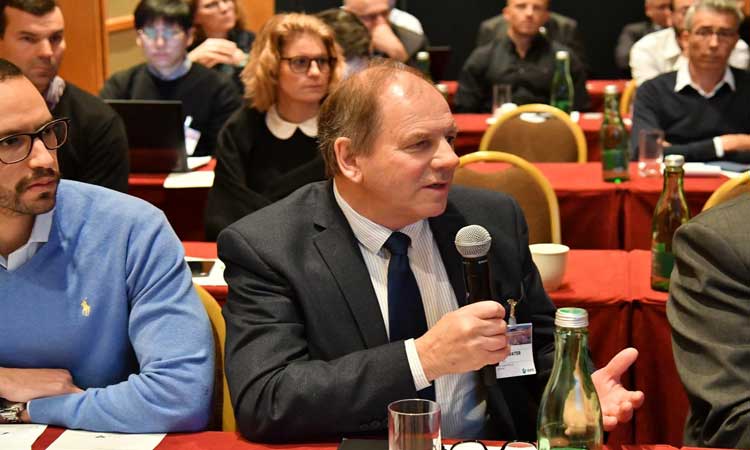


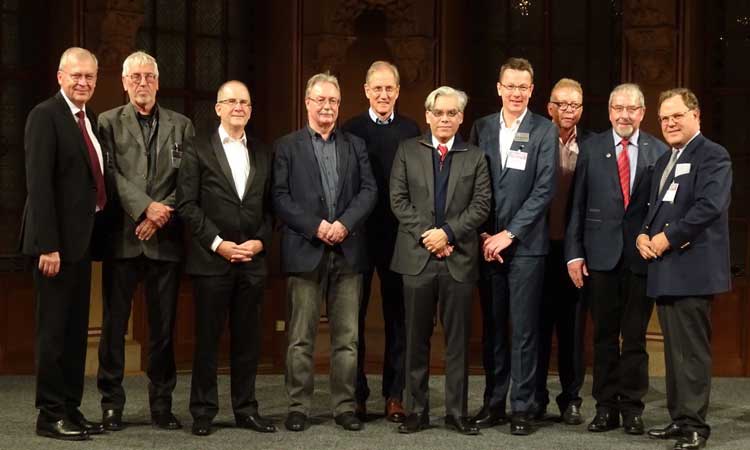
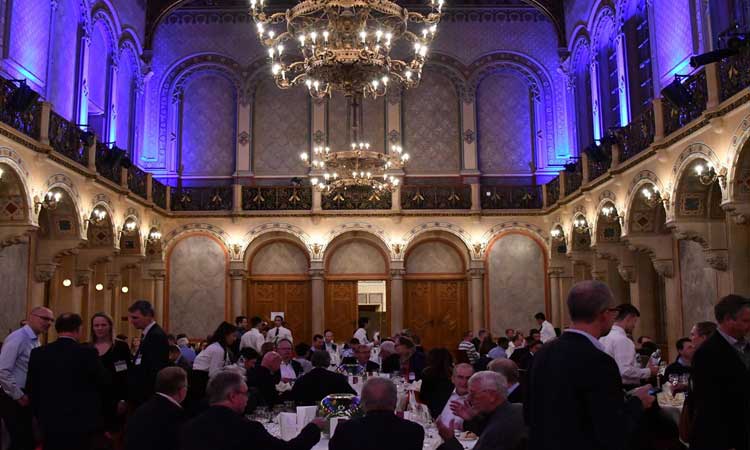
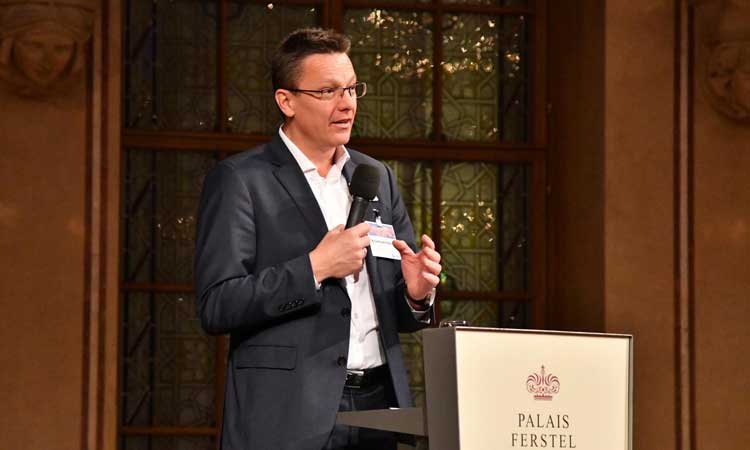
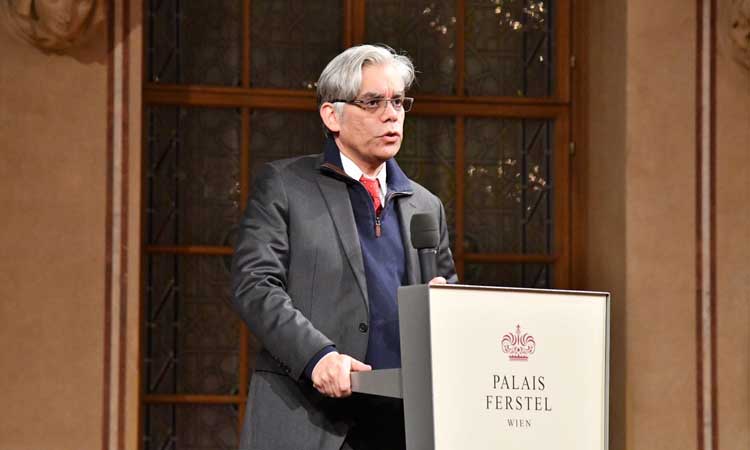
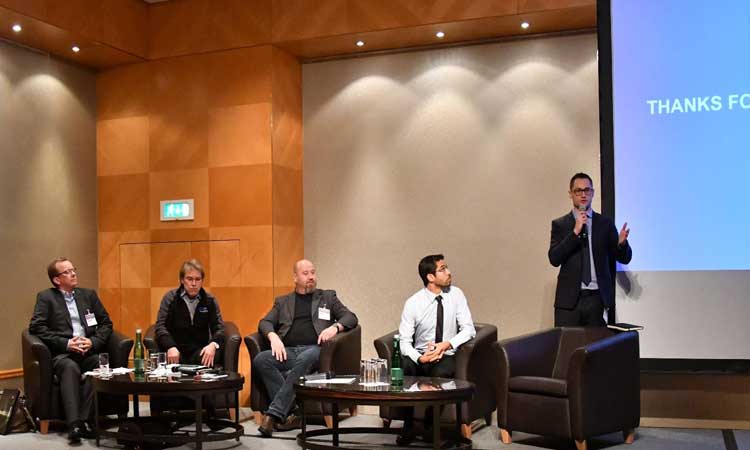
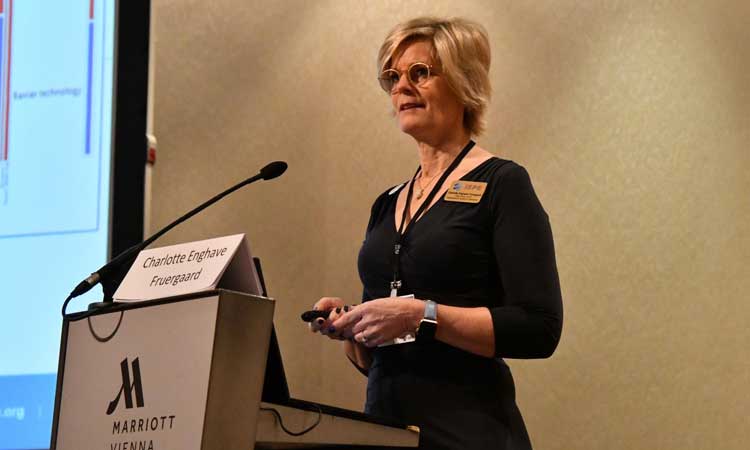
The following blog post was provided by Peyton Myers, an undergraduate student at Appalachian State University. Myers attended the 2023 ISPE Annual Meeting & Expo in Las Vegas as an ISPE Foundation Professional Development Grant recipient.
The integration of data science in biopharmaceutical manufacturing, emphasizing data quality, tech transfer efficiency, and process optimization, is the heart of this track. Led by industry experts, discussions explore leveraging digital twins, predictive analytics, and continuous improvement initiatives. Additionally, interactive roundtable discussions provide attendees with a dynamic forum...
The pharmaceutical sector stands at a crossroads of immense possibilities. We are witnessing an unprecedented surge in innovation, fueled by a remarkable partnership between industry and regulatory authorities. For example, there are initiatives fostered by the US Food and Drug Administration (US FDA) to promote innovation with programs such as CATT (CBER Advanced Technologies Team) and ETP...